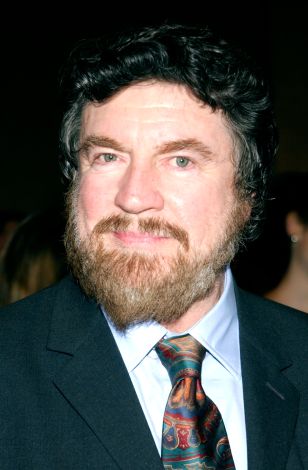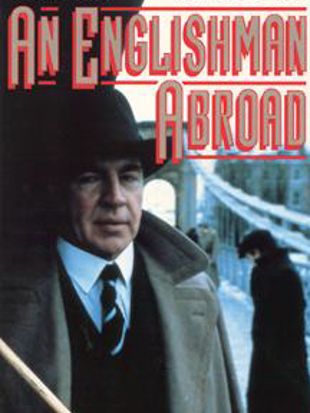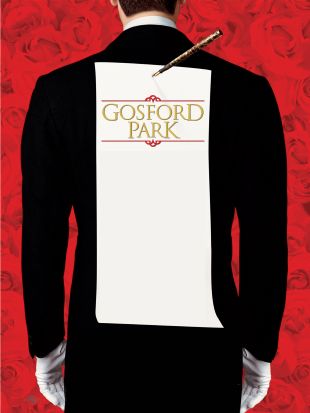One of the most important British actors to emerge during the 1960s, Alan Bates made his reputation early in his career as one of the original "angry young men" of the post-war English theatre. His rumpled, malleable features lending themselves to his explosive versatility, Bates became a stage star through his portrayals of various disenfranchised working-class young men in such productions as John Osborne's Look Back in Anger, directed in 1956 by Tony Richardson, and Harold Pinter's The Caretaker, staged in 1964. Bates went on to establish himself as a noted screen actor in over 50 films, with particularly memorable turns in Zorba the Greek (1964), Georgy Girl (1966), and The Fixer (1968), for which he received a Best Actor Oscar nomination.
The son of an insurance broker and a housewife, Bates was born the eldest of three brothers in the Midlands suburb of Allestree, Derbyshire, on February 17, 1934. Both of his parents were amateur musicians and encouraged their son to pursue a career as a concert pianist, but at the age of 11, Bates discovered that his true passion was for acting. After taking speech lessons and studying for a time with an acting teacher, he won a scholarship to London's Royal Academy of Dramatic Arts, where he trained as a classical performer. Bates interrupted his studies to spend two years of service with the Royal Air Force and made his professional stage debut in 1955, at Coventry, with the Midland Theatre Company. Foregoing a traditional apprenticeship with an established theatre company, Bates instead joined the English Stage Company, a new repertory group based at London's Royal Court Theatre. He made his West End debut in 1956 in the company's first production and had his true breakthrough with his starring role in Tony Richardson's premiere staging of John Osborne's Look Back in Anger later that year.
Look Back in Anger made Bates a star of the London and Broadway stage, and began a lifelong stage career that saw him perform in the works of such great modern playwrights as Harold Pinter, Tom Stoppard, and Alan Bennett, as well as those of Chekov, Shakespeare, Ibsen, and Strindberg. In 1960, the actor made his screen debut as one of Laurence Olivier's sons in Richardson's The Entertainer. Starring roles in Bryan Forbes' Whistle Down the Wind and John Schlesinger's A Kind of Loving followed two years later; both films received acclaim, much of which was directed toward Bates' performances as a murderer on the run in the former and a young working-class dreamer in the latter. The actor spent the remainder of the 1960s more or less in the spotlight, thanks to his starring work in some of the decade's most celebrated films, including Zorba the Greek (1964), Georgy Girl (1966), Le Roi de Coeur (1966), Far From the Madding Crowd (1967), The Fixer (1968), and Women in Love (1969). Each film showcased Bates' astonishing and often underrated versatility, as well as a willingness to do just about anything. This tendency was unforgettably demonstrated with his nude turns in Le Roi de Coeur and Women in Love, the latter of which required him to engage in an earthy wrestling session with Oliver Reed. Bates received his only Oscar nomination for John Frankenheimer's The Fixer, in which he portrayed a Russian Jew unjustly accused of murder.
Bates began the subsequent decade on a very positive note, doing acclaimed work in Olivier's The Three Sisters (1970), in which he played Vershinin; A Day in the Death of Joe Egg (1971), which cast him as the father of a young invalid whose condition puts a strain on her parents' marriage; and Joseph Losey's The Go-Between (1971), in which he and Julie Christie played illicit lovers. The actor's subsequent projects were incredibly varied, ranging from the exceptional (Lindsay Anderson's made-for-TV In Celebration [1975]) to the execrable (Michael Winner's The Wicked Lady [1983]), and Bates, although a prolific screen performer, tended to do his best work on the stage and television. He publicly acknowledged in at least one interview that it was his tendency to work constantly that allowed him to weather two tragedies that struck him in the early 90s: first, the death of his son Tristan from an asthma attack in 1990; second, the 1992 death of his longtime wife, actress Victoria Ward. Following his son's death, Bates and his other son Benedick, Tristan's twin, established the Tristan Bates Theatre at the Actors Centre in Covent Garden. In addition to his work for the theatre, Bates, who received a CBE from the Queen in 1995, continued to appear on the screen, his talents on particularly fine display in Franco Zeffirelli's Hamlet (1990), in which he played the conniving Claudius.



